Introduction
The mortgage industry is at a crossroads. For decades, technological investments have primarily focused on loan origination, optimizing front-end processes to improve efficiency and customer acquisition. However, mortgage servicing—a critical component of the borrower’s journey—has often lagged in digital transformation. Today, that’s changing.
Regulatory pressures, evolving consumer expectations, and advancements in AI, automation, and predictive analytics are driving a new wave of innovation. The focus is no longer just on managing loans—it’s about enhancing borrower experiences, streamlining operations, and proactively addressing risks. As a result, mortgage servicing is undergoing a fundamental shift from a reactive, compliance-driven function to a proactive, technology-powered experience.
The Regulatory Push Toward Digital Servicing
In recent years, regulatory bodies such as the Consumer Financial Protection Bureau (CFPB) and the Office of the Comptroller of the Currency (OCC) have intensified their focus on borrower-centric servicing. The aftermath of economic downturns and pandemic-related financial hardships has highlighted the need for increased transparency, seamless borrower support, and digital-first servicing solutions.
This regulatory emphasis has accelerated the adoption of:
- AI-powered self-service platforms, reducing wait times and improving customer interactions.
- Automated compliance monitoring, ensuring adherence to evolving regulations.
- Real-time data analytics, enabling servicers to anticipate borrower needs and mitigate delinquencies.
Technology as a Game-Changer in Mortgage Servicing
To meet both regulatory requirements and borrower expectations, mortgage servicers are investing heavily in technology-driven innovation. Some of the most impactful advancements include:

AI and Intelligent Automation
AI-powered virtual assistants and chatbots are revolutionizing customer service by handling routine queries, guiding borrowers through loan modifications, and providing instant responses. Intelligent automation is also optimizing back-office operations, reducing manual errors, andspeeding up loan processing and payment adjustments.
Predictive Analytics and Risk Mitigation
By leveraging machine learning models, servicers can predict potential delinquencies, defaults, and forbearance requestsbefore they occur. This enables proactive borrower engagement, helping customers explore options such as loan restructuring or financial assistance programs before they face financial distress.
Digital Self-Service Platforms
Borrowers today expect the same level of digital convenience in mortgage servicing as they do in banking, shopping, or entertainment. Self-service portals and mobile appsare transforming how borrowers make payments, access account details, and receive real-time updates—improving both engagement and satisfaction.
Cloud-Based Infrastructure and API Integrations
Modern mortgage servicing platforms are moving away from legacy systems in favor of cloud-native solutions and API-driven ecosystems. This shift allows for seamless integration with fintech partners, regulatory agencies, and customer support platforms, ensuring a more cohesive and agile servicing experience.
The Future of Mortgage Servicing
The industry is evolving from a compliance-heavy, paper-driven model to a data-powered, customer-first approach. Looking ahead, we can expect:
- More personalized borrower interactions , through AI-driven insights.
- Frictionless digital mortgage experiences , with real-time updates and proactive support.
- Stronger risk management capabilities, , leveraging automation to enhance compliance and fraud detection.
As the transformation continues, mortgage servicers who embrace digital innovation, AI, and automation will gain a competitive edge—not just in operational efficiency, but in fostering trust and long-term relationships with borrowers.
Conclusion
Mortgage servicing is no longer just about managing loans—it’s about redefining the borrower experience. The industry is shifting toward a future where digital-first solutions, intelligent automation, and predictive insights create a seamless, customer-centric journey. By investing in the right technologies and aligning with evolving regulations, servicers can not only meet today’s challenges but also build a more resilient, responsive, and borrower-friendly mortgage ecosystem for the future.
Need an appointment



Quick Links
We build really better idea
Subscribe for newsletter & get day news, service updates
Resources


Need an appointment











